Lost in space.
When you begin your Titanfall career, you wake up in a messy apartment with an unmade bed, open doors looking out over virtual scenery, and plenty of cabinets for all your hidden anime figurines. Sound familiar? You wouldn’t want lady-pilots walking by to see that your secret desire to leave Earth and do battle with giant robots came from Gundam or Bubblegum Crisis, would you? Respawn Entertainment quickly closes the training pod doors and guides you through a virtual environment where you learn how to jump, wall-run, fire your weapon, toss grenades, and pilot the Titans that eventually crowd in-game battlefields.
For all of the title’s explosive action, those quiet first moments stick with you if you allow them to. The game’s opening cutscene explains that mankind discovered a means to explore the stars and sent corporate flotillas out to bring back energy material, but now the Interstellar Manufacturing Corporation and restless militia do battle over those resources. None of this rings in the background of a head-to-head Titan slugfest, which leaves me to ask if you even care which side you’re on? For all of mankind’s technological and space-faring advances, Titanfall paints a pretty bleak picture of human existence.
You probably already know all about the game’s three major hooks. Titanfall has enhanced and ever-accelerating mobility on-foot, massive metal suits with explosive weapons and defensive tools, and no single-player to speak of. There’s a campaign, but it pits two teams of six against each other as in a multiplayer match, locking you to one side or the other for several rounds in a row until you’ve seen each cutscene and audio cue. Once you complete the first campaign, you unlock a new Titan frame for your customized character load outs and the other side’s campaign with a second frame up for grabs, but the narrative is referenced only in whispers and flashes.
You’ll hear chatter between commanding officers and robotic manufacturing foremen, but ultimately it feels like there was never any consideration for forming a basis underneath all the online carnage. I love the idea of mankind leaving our pretty blue marble and meeting intelligent life in the stars, but Titanfall’s no-nonsense savagery leaves all the exploration in the back seat to continue a demolition derby as old as time. Aliens even appear in certain maps, but they’re as interactive as the nice painting of flowers at the dentist’s office. You don’t need to look to the stars for endless war driven by corporate interests as it’s happening right this second on Earth.
Still, you’ll undoubtedly love the responsive and tight controls. The entire game feels next-gen and genuinely polished even if I had quite a lot of trouble signing in to Xbox Live. Such is the nature of online gaming. Mechanically speaking, Respawn claimed to have worked with Microsoft to “fix” the Xbox One controller’s analog stick inputs, but the hardware manufacturer’s cloud service also drives AI moments in every match. As you move from objective to objective, computer-controlled grunts and Spectre robots will flood the field either in drop pods or else out of nowhere on the fly. You can mow these hapless creatures down, but the satisfaction is exceedingly fleeting.
Where I originally thought AI-controlled fodder would fill the maps and give novice gamers a sense of success when up against Xbox 360 shooter-class graduates, what those AI characters say and how they react feels hollow. For one, none of the AI opponents can move like you can. Only pilots can run along walls and double jump to new heights. The AI often sit near a control point, tapping away on the computer, perhaps browsing their favorite subreddit or paying a bill online. Occasionally, you’ll run into one AI unit attacking another friendly AI unit. Intervene if you like, but remember that you’re shooting fish that someone pulled out of a barrel and held up for you. It can even feel like the game pulls your gun in the right direction, poking said fish apathetically in the eye before pulling the trigger for you too.
The player-vs-player interactions are infinitely more engaging and entertaining. Fighting another human either on foot or in a mech suit gives you an immediate jolt of adrenaline, especially since pilots on foot move so fast and do so much damage with melee. You can sneak up and execute foes too, but once your Titan is ready strategies will vary. I liked to call my metal buddy down and let him roam free in AI-mode. You can also instruct your Titan to guard a specific area as computer controlled mechs won’t slack off.
Often, I found human players would panic and ignore key abilities while an AI-controlled Titan knew exactly how to react to conditions on the battlefield. The computer brains driving the mechs seem way more complex and reactive than those in grunts and Spectres. For example, jumping on an enemy Titan allows you to blast away at the circuitry, with most weapons depleting the machine’s health in two clips of ammunition. In this situation, the enemy can jump out of his or her mech and force you off, he or she can ask a team mate for help, or use a Titan perk ability like an electromagnetic cloud that zaps would-be rodeo stars. AI-controlled Titans maintain distance from enemies and save the bug-zapper for when they really need it, while humans might trigger powerful abilities early or not at all.
More game-oriented modes like Last Titan Standing achieve a better balance, with each ability or weapon acting as an equal counter-part to others. Shooter fans will find themselves in an orgy of violence, one that encompasses nearly every second of gameplay. If you’re not rushing toward it, you’re calling your Titan down on top of it. In a mech, you can punch others on-foot and your victim will erupt in a blast of blood, bone, and brain. Hitting a Titan’s weak point elicits a guttural howl of pain and, combined with gorilla like movements, leaves you feeling a little sorry you had to take the monster down. The music features futuristic loops and beats befitting of Titanfall’s action and theme, but I still wish Respawn Entertainment had created a campaign to ground the action in a believable reality; the madness makes up an explosive nuclear core of multiplayer that oftentimes left me confused and befuddled.
People forget about that factor in referencing Call of Duty 4: Modern Warfare as the last great shooter innovation, a title that many Respawn staff members and founder Vince Zampella released back in 2007 with former colleague Jason West. That game had some truly harrowing moments: finely crafted fear, perfect pacing, and holy crap. Sure, mechanically-speaking, Modern Warfare’s multiplayer imprint is felt in every corner of the gaming market, but I’ll keep waiting for the next first-person shooter campaign that attains a deep connection with and teaches you something, even when you're not actively emptying an entire magazine at an enemy.
Titanfall goes one step beyond Call of Duty 4’s multiplayer by adding in a secondary layer to combat, one that forces players to constantly change their tactics and remain situationally aware. If you can turn your brain off and enjoy the carnage with like-minded friends, you might have the best experience of 2014 in your hands today. If you want something more from your video games or if you want to be transported to another dimension to learn the true role of an intergalactic soldier, you should probably hit the books. If Titanfall is representative of man’s aspirations, we’re going no where fast.
Based on Xbox One version. Copy provided by publisher. Also available on PC, Xbox 360 later this month.
-
Explosive, high-octane action that never stops
-
No single-player
-
Too fast for less experienced gamers
-
Gorgeous maps
-
AI fodder crowding the field
-
Killing AI fodder
-
Titan-vs-Titan combat
-
Tons of balanced equipment
-
Bad for long play sessions
Titanfall Screens
-
Titanfall Screens #1
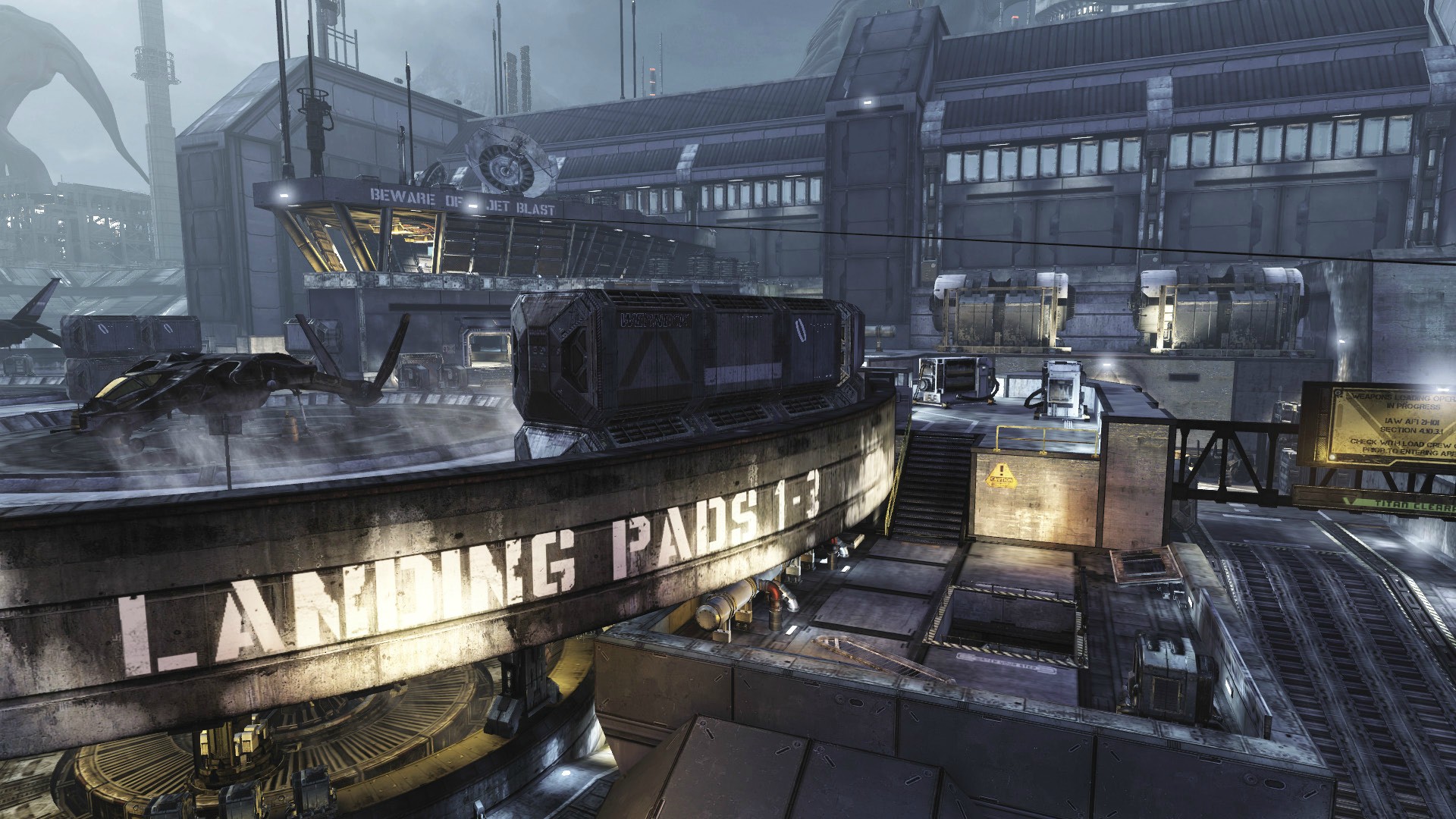 Click on image to view original size.rn
Click on image to view original size.rn -
Titanfall Screens #2
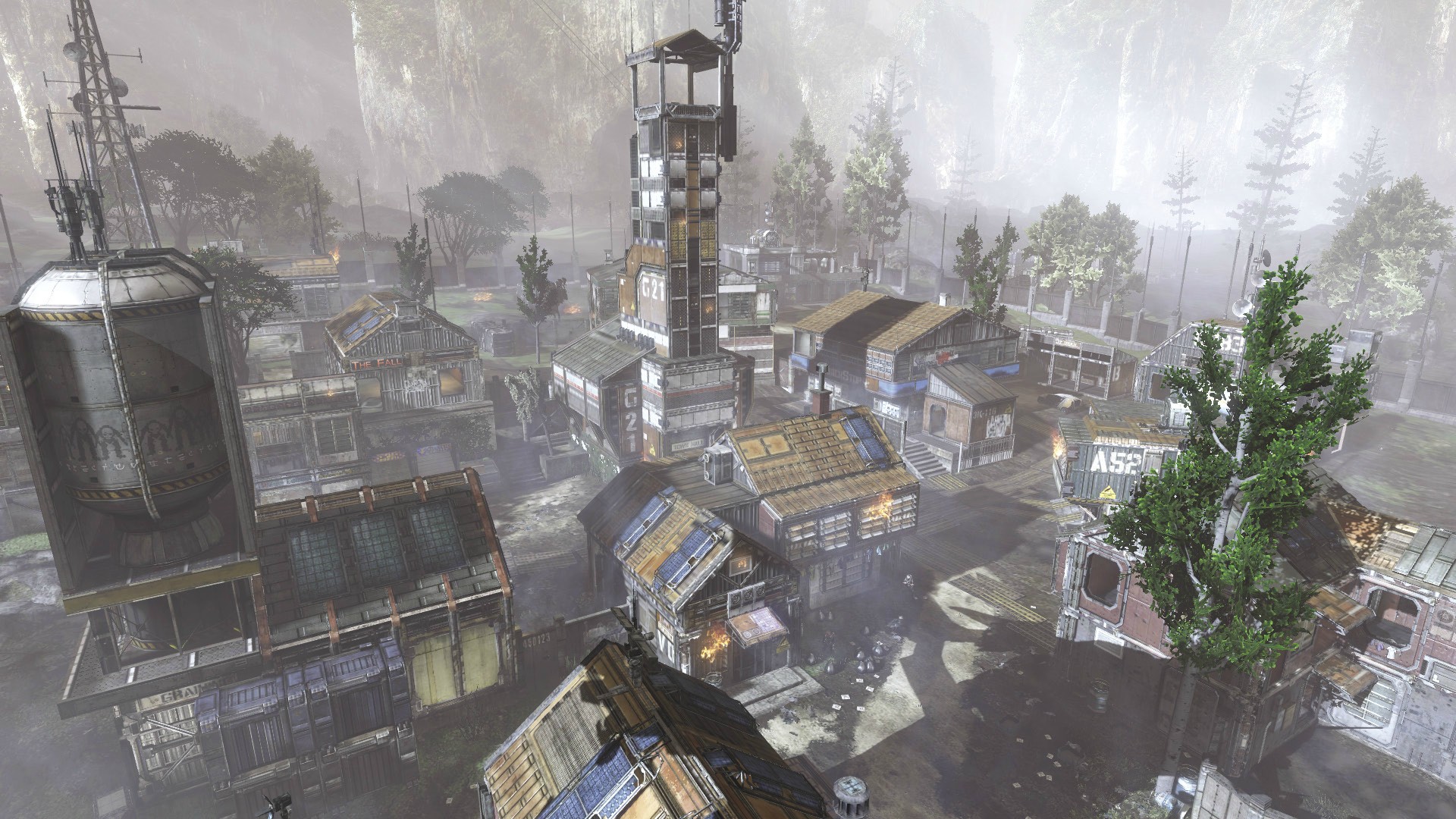 Click on image to view original size.rn
Click on image to view original size.rn -
Titanfall Screens #3
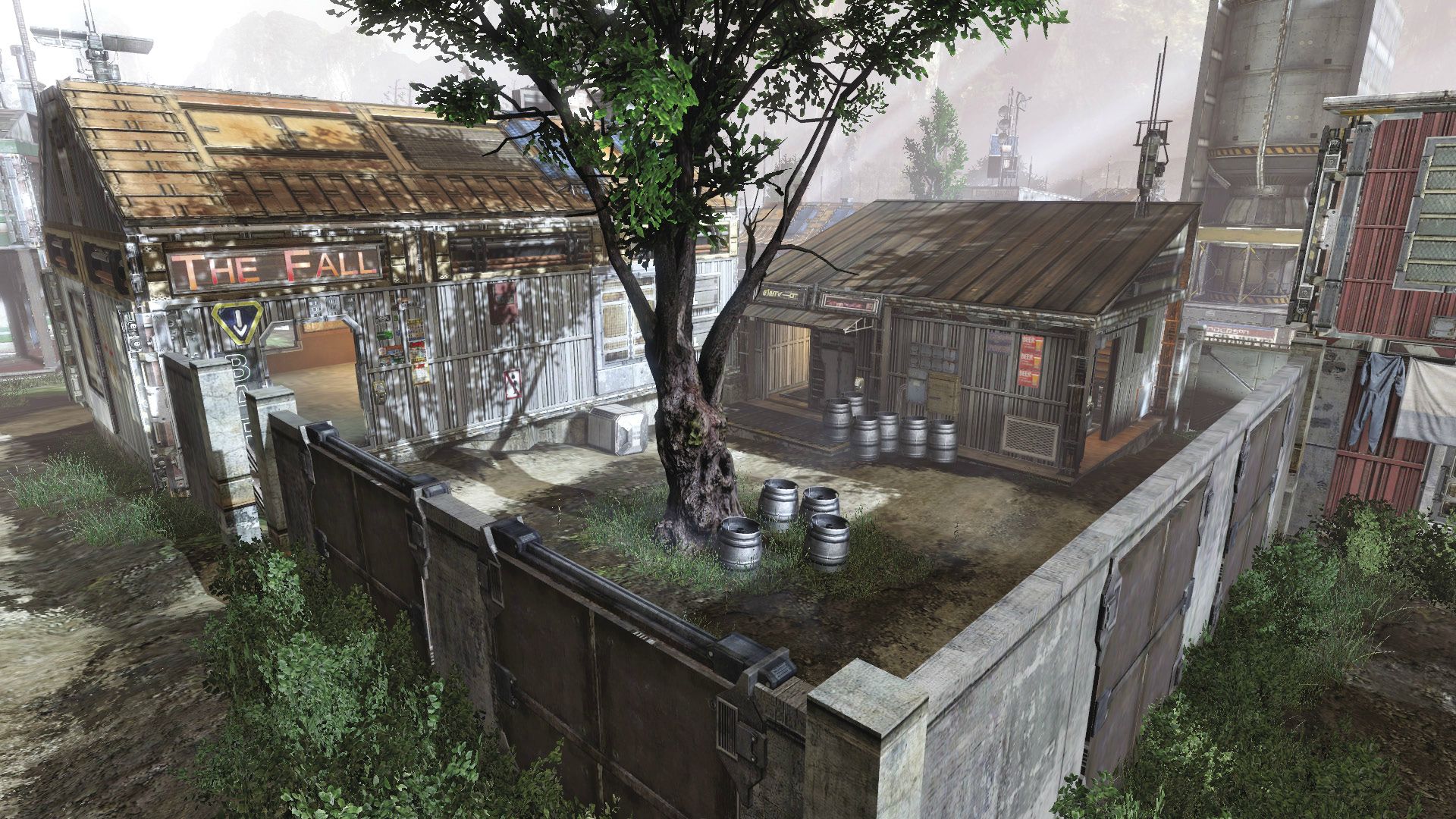 Click on image to view original size.rn
Click on image to view original size.rn -
Titanfall Screens #4
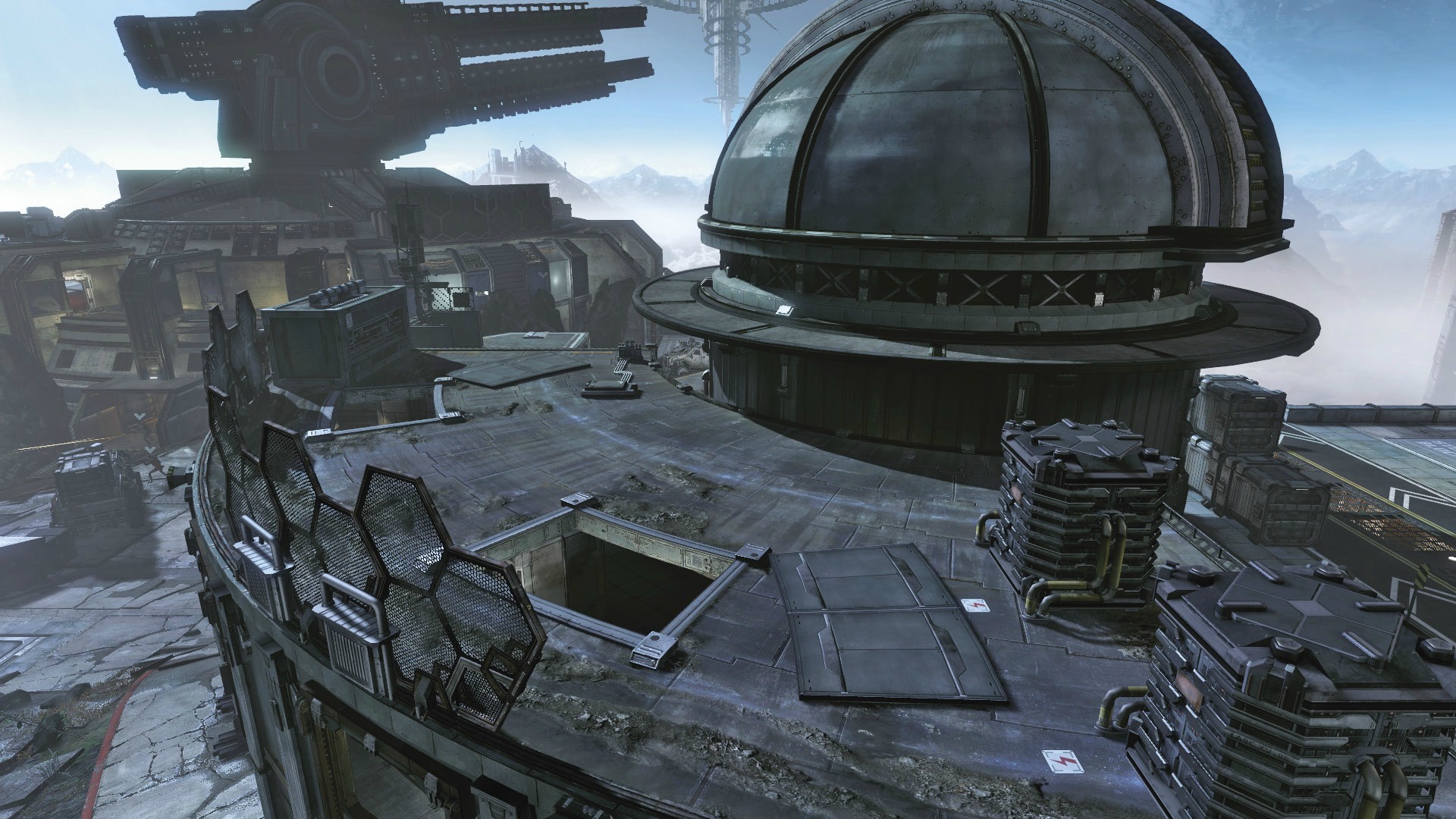 Click on image to view original size.rn
Click on image to view original size.rn -
Titanfall Screens #5
 Click on image to view original size.rn
Click on image to view original size.rn -
Titanfall Screens #6
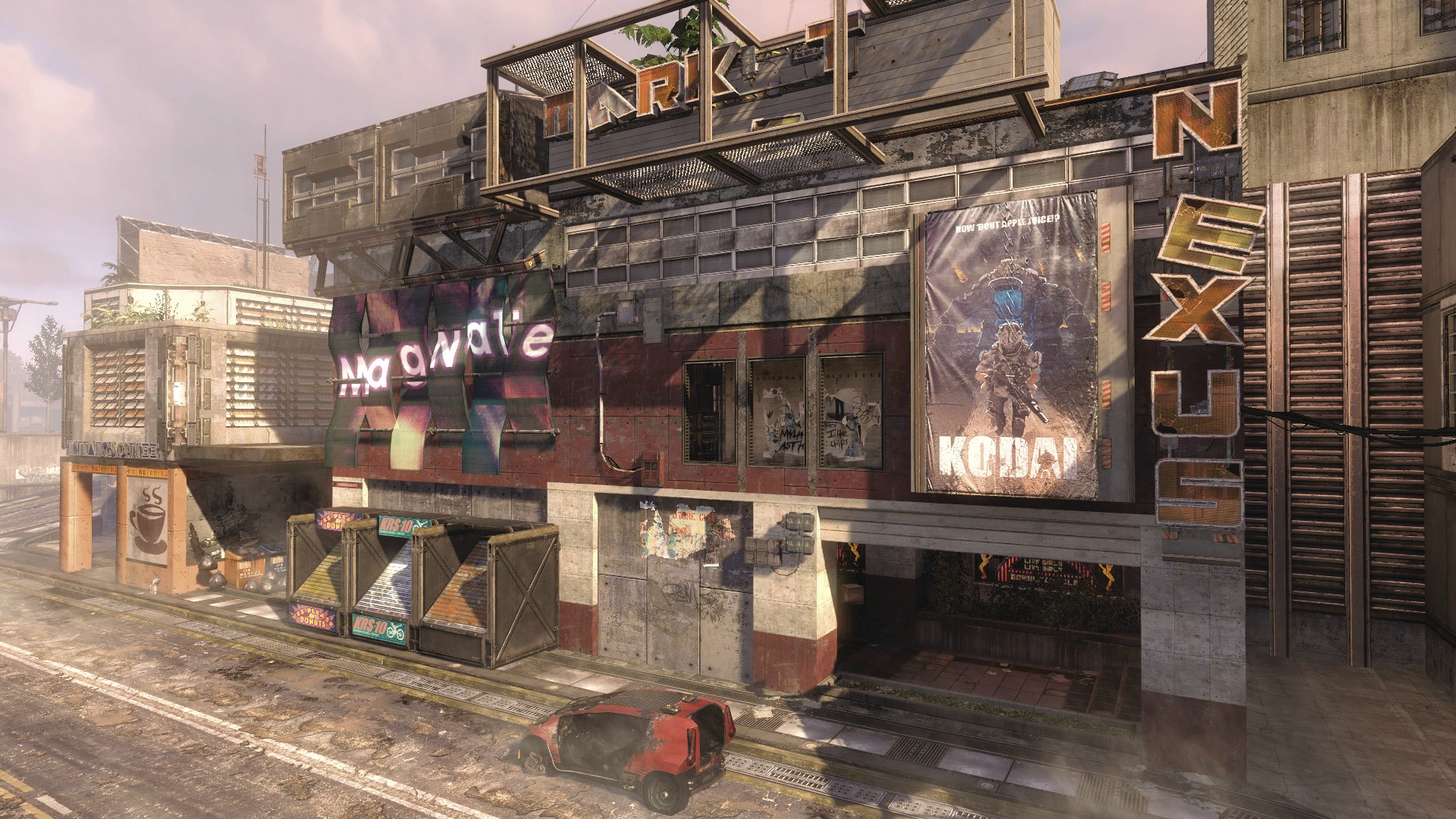 Click on image to view original size.rn
Click on image to view original size.rn -
Titanfall Screens #7
 Click on image to view original size.rn
Click on image to view original size.rn -
Titanfall Screens #8
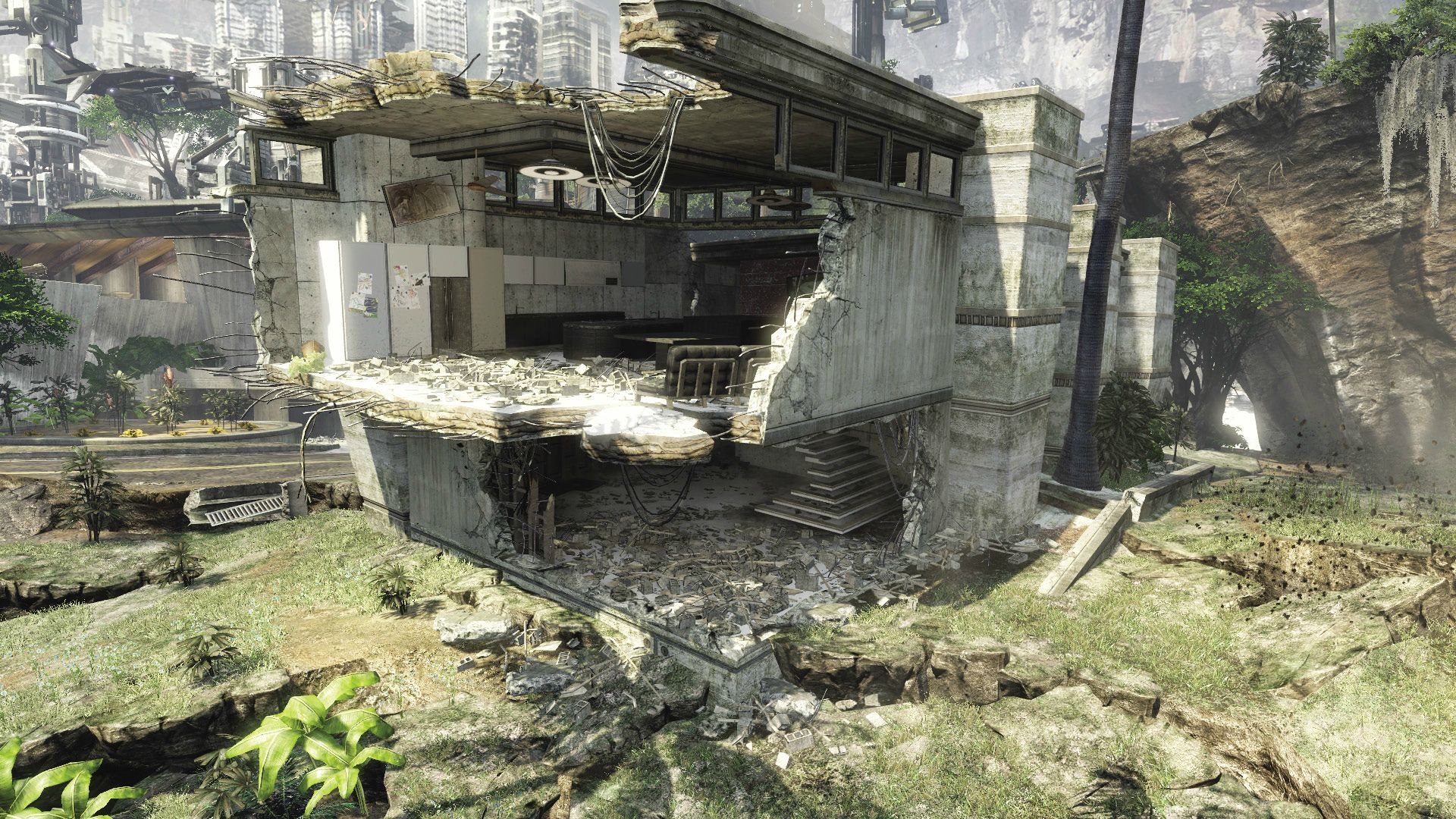 Click on image to view original size.rn
Click on image to view original size.rn -
Titanfall Screens #9
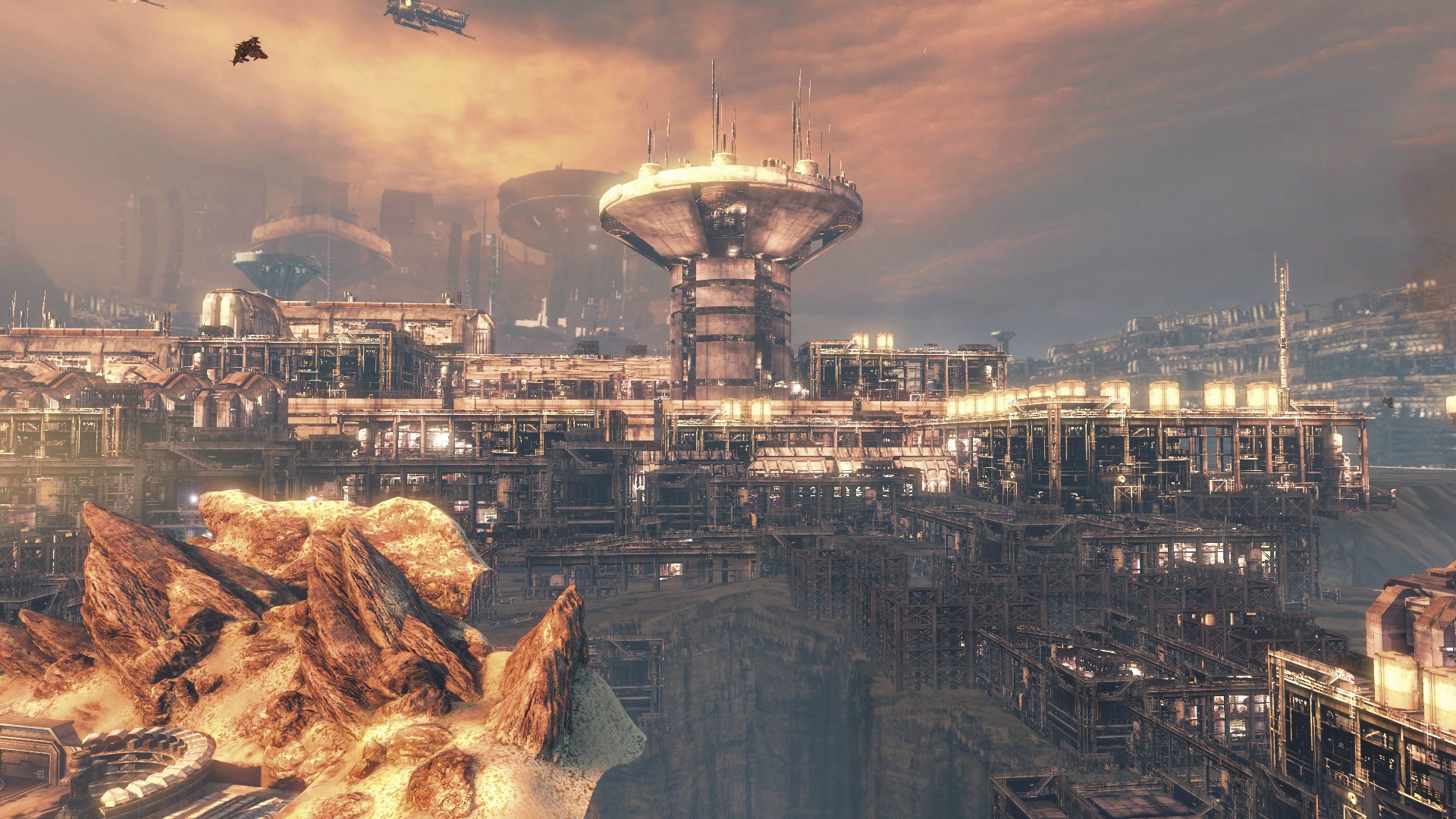 Click on image to view original size.rn
Click on image to view original size.rn -
Titanfall Screens #10
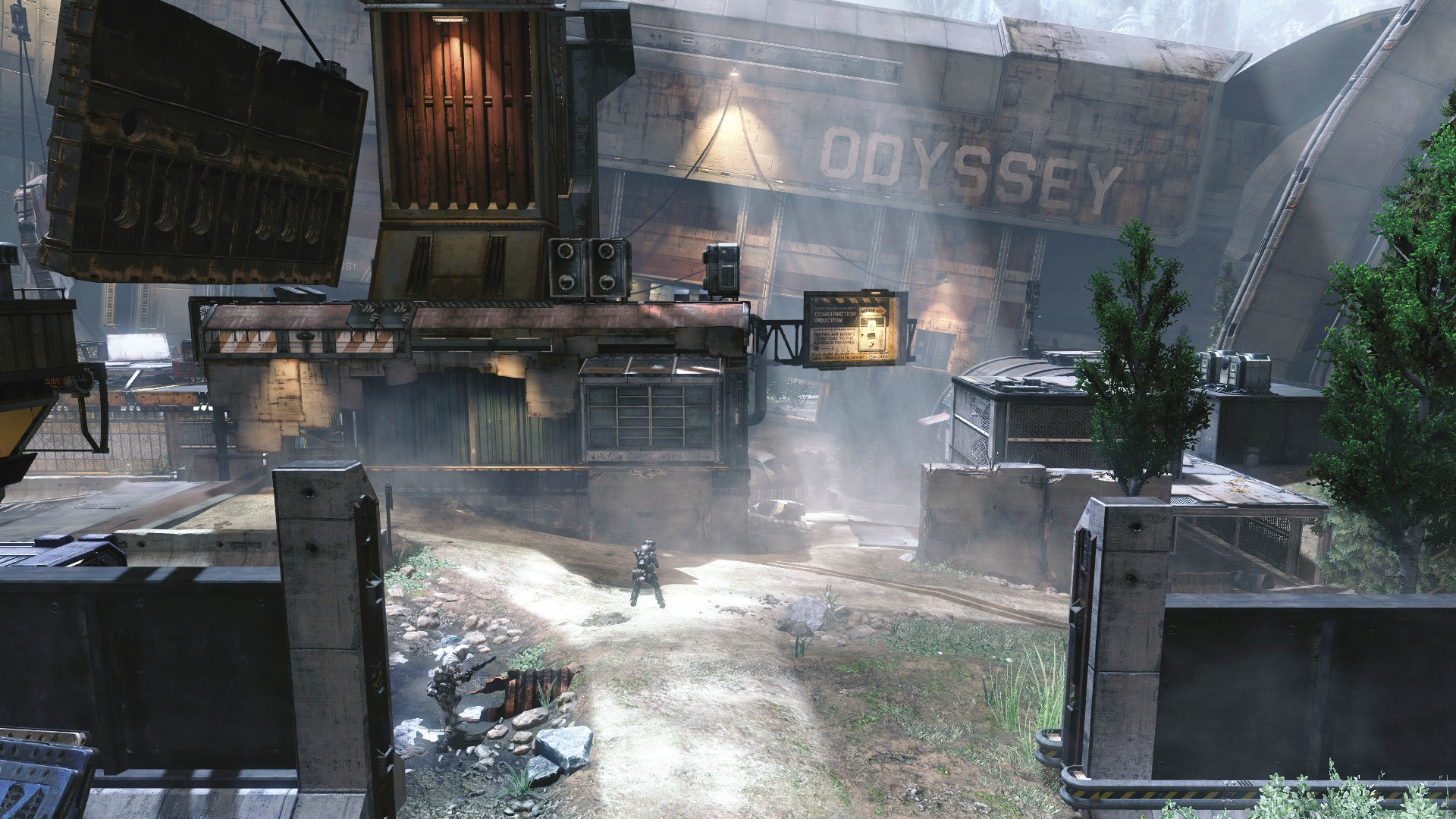 Click on image to view original size.rn
Click on image to view original size.rn











